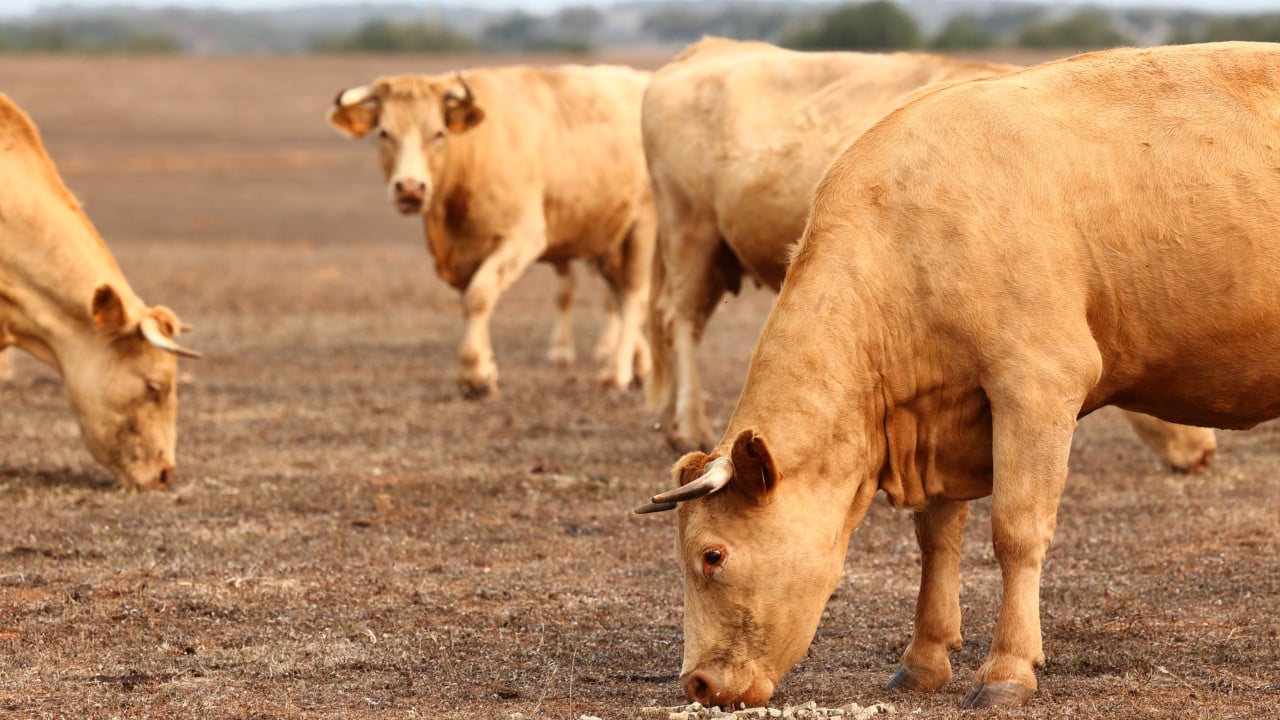Produce will still be labelled ‘organic’
Organic farmers affected by the drought can apply until April 30 for authorisation to feed non-organic food to their animals, without suspending the marketing of the products obtained from them, the government has announced.
“Farmers can apply for authorisation to use non-organic animal feed until April 30,” said the Ministry of Agriculture and Food in a statement sent to Lusa.
This authorisation does not oblige farmers to suspend the marketing or labelling of food produced from these animals. Consumers will still be presented with the food as ‘organic’.
This way, the ministry explains, the animals in question “do not have to go through a new conversion period after the authorisation expires”.
The government acknowledged the existence of severe or extreme drought in a number of municipalities in mainland Portugal through the publication of two diplomas, adopting exceptional measures to ensure the continuity of organic production.
According to a note from the Directorate-General for Agriculture and Rural Development (DGADR), the possibility of authorising the use of non-organic feed for organic animals is provided for in European regulations.
This use applies to operators affected by drought, for a period that cannot exceed 12 months.
In Portugal, the unavailability of fodder for animal feed due to the drought has been verified, so farmers can apply for this dispensation.
To do so, they must send a request to the DGADR, via email to dqrg@dgadr.pt, with the subject line “Catastrophic Drought Situation”, followed by their name and NIF (tax identification number).
Farmers must also indicate in the email that they are requesting authorisation to use non-organic fresh, dried or ensiled fodder, honey, sugar syrups and/ or non-organic sugar in organic animal feed.
At the same time, they must attach a form, available at https://www.dgadr.gov.pt/agricultura-e-producao-biologica/procedimentos-e-derrogacoes, filled in with their farm’s details.
Source: LUSA


























